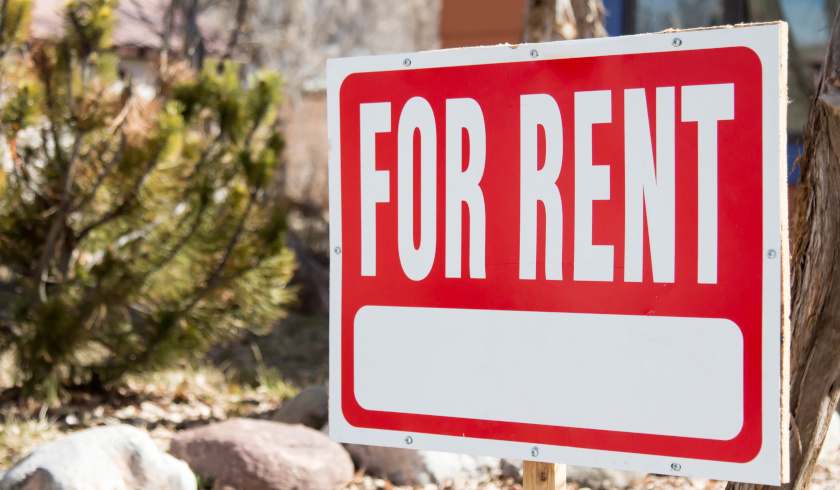Tenants’ rights when disaster strikes
Western Australia’s consumer protection body is reminding rental providers that they must still follow the letter of the law when properties sustain significant damage.

Gary Newcombe, the state’s commissioner for consumer protection, reiterated the rental laws that landlords and property managers must adhere to following reports of tenants being issued with illegal notices to vacate when the property sustained substantial damage.
In one instance, tenants were given seven days to find new lodgings after the ceiling of a property collapsed.
Mr Newcombe said that tenants, landlords and property managers must be aware that “seven-day termination notices are unlawful unless the home has been destroyed or deemed uninhabitable by a local government authority”.
He noted that all parties should be working together in an instance where damage becomes apparent.
In the case of compromised ceilings, there are often warning signs that it is about to give way.
“It is important for tenants to alert their landlords and agents about any loud cracking sounds, sagging or dropping of the plasterboard sheeting and/or cornice, or any visual cracking,” Mr Newcombe said.
And on the part of landlords, they need to respond quickly to such reports and ensure necessary repairs are undertaken to prevent a collapse.
“Should the landlord or agent fail to respond to a written request for repairs within a reasonable timeframe, a tenant may serve a breach notice. If the issue continues to be ignored, an application can be made to the Magistrates Court for an order that the necessary repairs be undertaken,” Mr Newcombe noted.
During that time, tenants must continue to pay rent, though they can petition for a rental reduction if the issue means that part of the property is unable to be used.
And in the unfortunate instance of a major issue taking place, such as a ceiling collapse, landlords are legally responsible for bringing the property back to a liveable condition and must initiate these urgent repairs within 48 hours.
Mr Newcombe stressed that every endeavour should be made to avoid this scenario by everyone involved, but tenants have recourse if they believe the problem could have been avoided.
“We always recommend tenants arrange their own contents insurance in case they need to replace damaged possessions. However, if the damage is caused by a fault in the building, such as a lack of maintenance, then a tenant may decide to seek compensation from the landlord through the courts,” he said.

